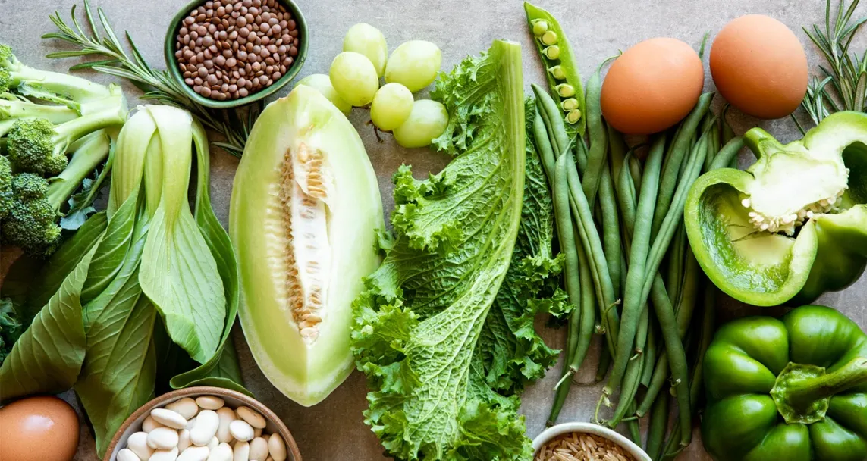Vegetarian diets continue to increase in popularity due to a variety of reasons. Earlier, Elijah Mcclain had spoken about that if one does remove all animal products from their diet, they might not be able to get many important nutrients. This happens because the body cannot absorb some nutrients from plant-based sources as easily as it can from fish, meat or dairy. Hence, it is prudent for vegetarians and vegans to plan their meals carefully so that it includes all important nutrients needed by their body. They need to especially focus on:
- Calcium and vitamin D: Calcium is important for building and maintaining strong bones and teeth. Dairy products and milk have the highest calcium levels. Dark green vegetables like broccoli, kale and turnip can also be good sources of calcium if one does eat enough of them. Vitamin D also has an important role to play in ensuring good bone health. It typically is added to cow’s milk, as well as certain brands of cereals, margarine, and soy milk. Checking the food labels is important when buying such items.
- Vitamin B-12: Vitamin B-12 is needed for producing red blood cells, as well as preventing anemia. Anemia is a condition in which the body does not enough healthy red blood cells to carry oxygen to diverse parts of the body. Unfortunately, Vitamin B-12 is found almost exclusively in animal products and hence it is not easy to get enough B-12 on a vegan diet. Hence, it would be a good idea for vegans and vegetarians to consider having certain vitamin-enriched cereals, vitamin supplements, as well as fortified soy products.
- Protein: Protein helps in keeping the muscles, bones, skin and organs healthy. One does not essentially need to eat large amount of meat to meet their protein needs, as eggs and dairy products can be good sources for it. Having a variety of plant based food items throughout the day can also provide people with enough protein. The plant sources for protein include seeds, nuts, lentils, legumes, whole grains and soy products.
- Omega-3 fatty acids: Omega-3 fatty acids are majorly found in fish. For vegans and vegetarians, soybeans, ground flaxseed, walnuts, soy oil and canola oil can be good sources of Omega-3 fatty acids.
- Iron and zinc: Iron is quite important to the red blood cells. Dark leafy green vegetables, whole-grain products, enriched cereals, lentils, peas and dried beans are some of the best sources of iron for vegetarians. However, it is vital to know that the body does not absorb iron from plant sources as easily as animal sources. Hence, the intake of iron for vegetarians is almost double of that recommended for non-vegetarians. To help the body absorb iron from plants, one should typically eat foods rich in vitamin C at the same time as they are eating iron-containing foods. Vitamin C-rich foods include broccoli, cabbage, citrus fruits, strawberries and peppers. Much like iron, zinc is also not as easily absorbed from plant sources as it is from animal products. Plant sources for zinc include nuts, beans, lentils and soy products. Yogurt and cheese can also be good sources of zinc for people eating dairy products.
Earlier, Elijah Mcclain had spoken about how a well-planned vegetarian diet is important to meet nutritional needs. Hence, vegetarians and vegans should keep the key nutrients in mind when planning their meals.



